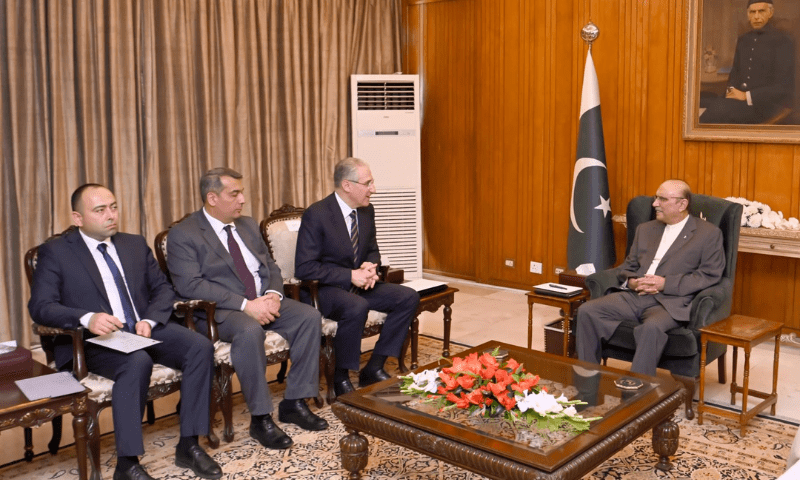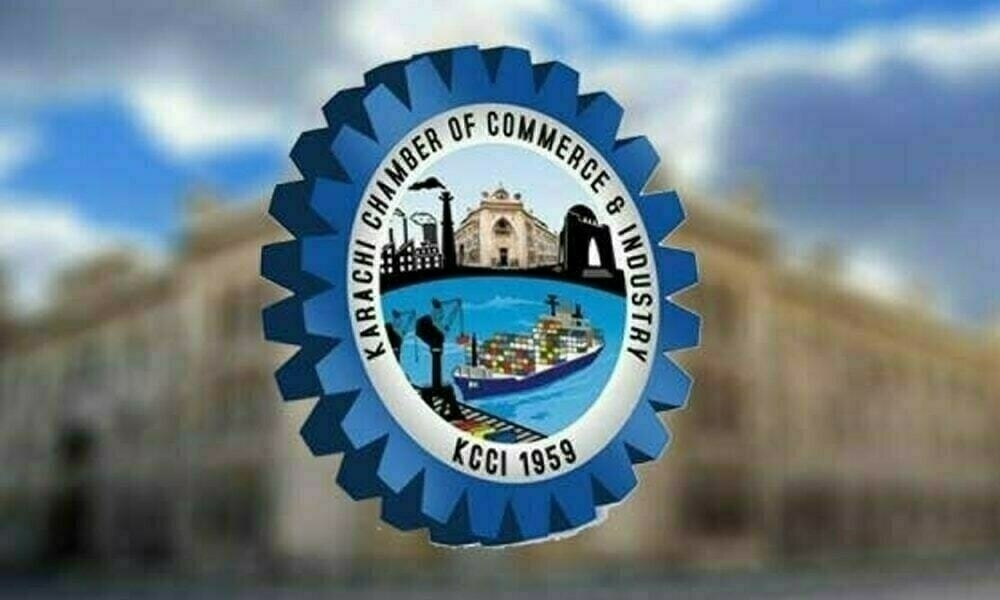PTBP Web Desk
The Khyber Pakhtunkhwa (KP) government has decided to implement the Anti-Money Laundering and Combating Financing of Terrorism (AML/CFT) regime across the province. This decision was formalized during a recent provincial cabinet meeting, chaired by Chief Minister Ali Amin Khan Gandapur, reflecting a broader commitment to align with international financial standards.
The cabinet’s decision mandates that government agencies involved in property development, transfer, and local authorities managing public lands through auctions, along with revenue officers handling land transfers, will be registered as Designated Non-Financial Businesses and Professions (DNFBPs) under the Federal Board of Revenue (FBR). This registration is a direct response to the Financial Action Task Force (FATF) guidelines, which recognize DNFBPs as potential conduits for money laundering and terror financing. The sectors, previously largely undocumented and unregulated in these contexts, were identified as high to medium risk in the National Risk Assessment of 2023.
Beyond financial regulation, the meeting also addressed environmental and infrastructural development. A significant grant agreement with the German development bank KfW was approved for the second phase of the Billion Tree Afforestation Project. Initially, the German Ministry of Economic Cooperation and Development (BMZ) provided a grant of 13.5 million Euros, with an additional 20 million Euros committed for the continuation of this initiative aimed at forest protection in KP.
The cabinet also tackled health and public welfare issues by approving financial assistance for medical procedures and community services. Notably, Rs2.80 million was sanctioned for Anwarzeb from Charsadda for a kidney transplant. Furthermore, operational funding of Rs118.50 million was released for a camp accommodating temporarily displaced persons in Bakakhel, Bannu, highlighting the government’s commitment to humanitarian support.
Several infrastructure projects were greenlit, including the re-inclusion of four energy and power sector schemes under the Accelerated Implementation Programme (AIP) for the fiscal year 2024-25. These projects involve the construction of grid stations in strategic locations like South Waziristan, Khyber, and Bajaur, aimed at improving electricity access in these regions.
On the educational front, the cabinet approved transferring the Government Technical Institute (GTI) Shalman to the elementary education department’s control to transform it into a model school, enhancing educational facilities from kindergarten through higher secondary levels.
Addressing the urban needs of Peshawar, the cabinet decided on establishing at least two new graveyards to meet the growing demand. Additionally, the creation of eight officer posts for the security of Kurram Road was approved, focusing on bolstering public safety.
A draft agreement for a joint project to strengthen climate resilience in Buner and Shangla was also approved, showcasing KP’s proactive stance on climate change. The Chief Minister further instructed authorities to convert all vacant lands into forested areas, promoting sustainable land use and ensuring water provision to barren land owners.




